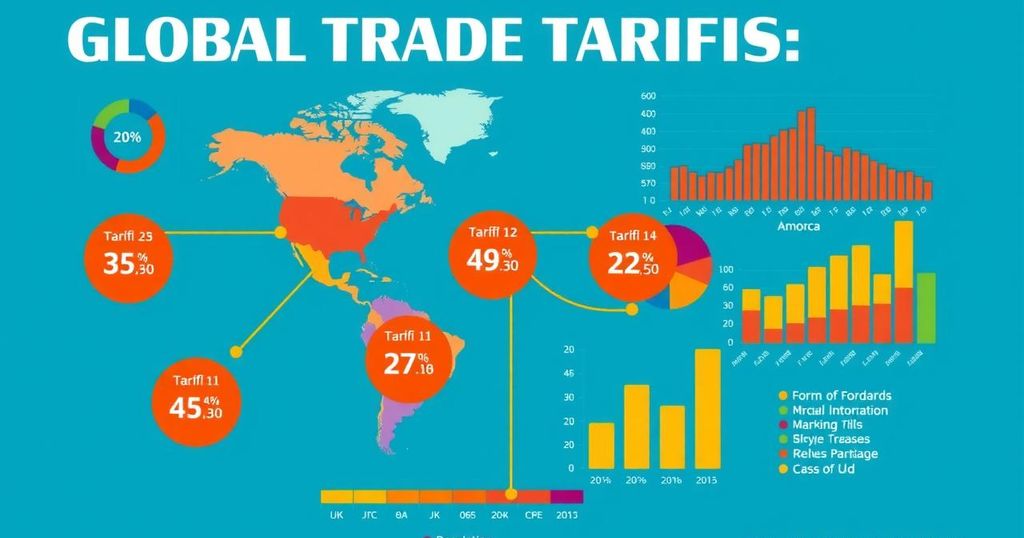Tunisia has announced its withdrawal from the African Court on Human and Peoples’ Rights, sparking outrage among human rights groups. This move, described as a secretive decision, has raised concerns about the declining state of freedoms in the country under President Kais Saied’s leadership. Critics argue this action undermines Tunisia’s commitments to human rights protections.
Tunisia has officially announced its withdrawal from the African Court on Human and Peoples’ Rights, a move met with significant opposition from human rights organizations. The declaration, circulated by activists recently, indicates that Tunisia will no longer recognize the court’s jurisdiction to accept cases from individuals and non-governmental organizations, though no reasons were provided by the Tunisian government.
The Tunisian foreign ministry has not responded to inquiries regarding this decision. Tunisia had initially permitted its citizens and non-governmental organizations to bring cases to the court in 2017, following its emergence as a leading democracy in the wake of the Arab Spring. However, since President Kais Saied’s power consolidation in 2021, political freedoms have notably deteriorated, raising alarms among human rights advocates.
Currently, several of Saied’s political opponents are imprisoned, with some undergoing trial on supposed charges of conspiring against the state, an assertion that is heavily criticized as politically motivated. Earlier this year, families of detained opposition figures sought the court’s intervention for their release, resulting in the court’s ruling that urged the Tunisian authorities to allow these detainees access to legal representation and medical care.
The Tunisian League for Human Rights (LTDH) criticized the withdrawal, labeling it a secretive decision that symbolizes a step back in Tunisia’s commitment to independent judicial systems. Similarly, the CRLDHT, another rights group, condemned the decision, calling it a disgraceful withdrawal from the country’s historical commitments to uphold human rights. They expressed concern that this action significantly impairs the ability of Tunisian citizens and organizations to challenge state-sanctioned rights violations directly through the African court.
Tunisia’s withdrawal from the African Court on Human and Peoples’ Rights reflects a troubling trend in the nation’s political landscape, particularly concerning human rights. While the government has not articulated reasons for this decision, critics see it as a retreat from judicial accountability and a shift towards authoritarian governance. Human rights organizations lament the impact of this retreat on citizens’ rights to seek justice and challenge violations. The situation appears increasingly precarious, with significant implications for the rights and freedoms initially gained after the Arab Spring. The outrage from organizations such as the LTDH and CRLDHT underscores the critical need for international scrutiny and support for human rights in Tunisia.
Original Source: www.arabnews.com




